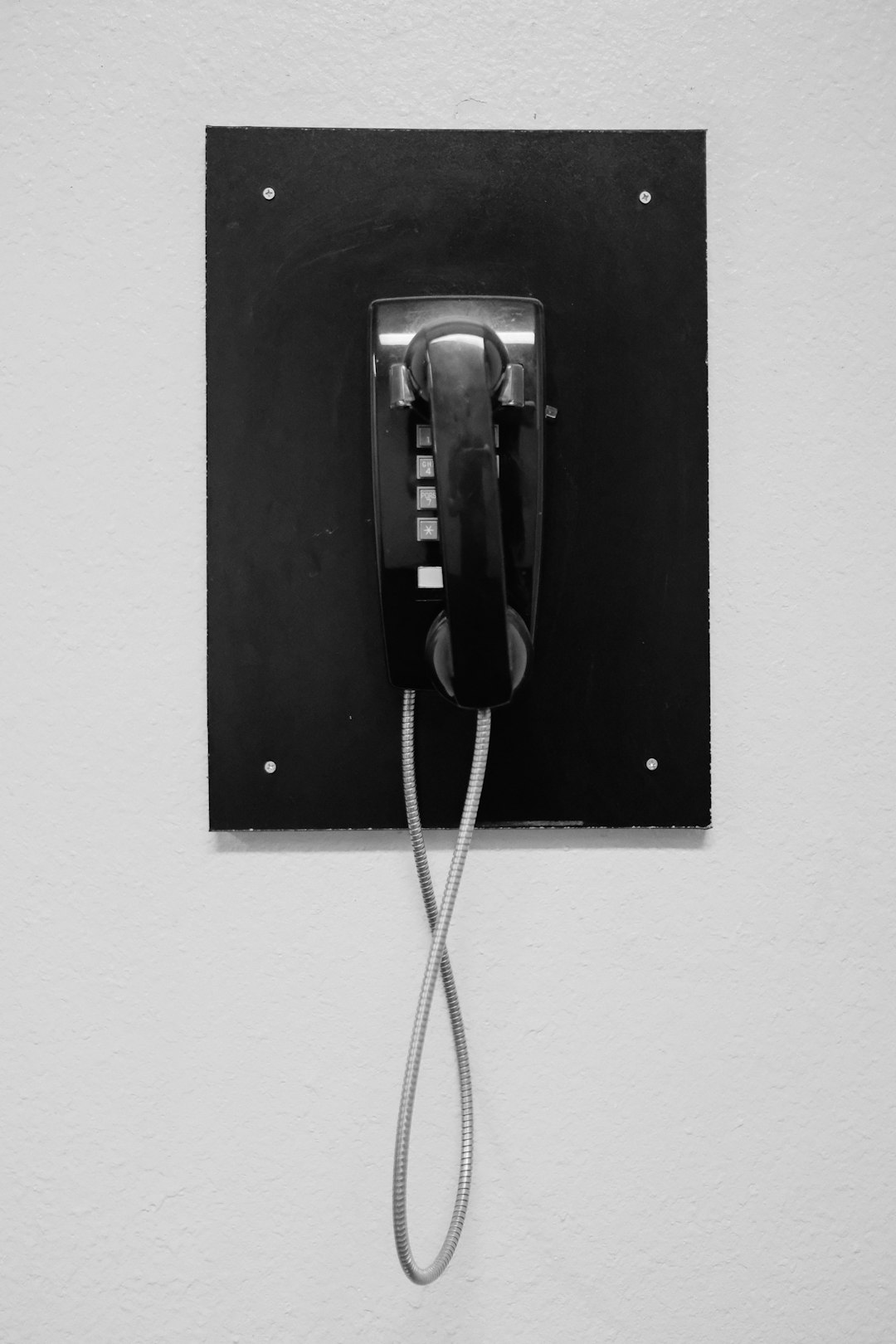Michigan's strict Do Not Call laws protect residents from unwanted telemarketing, especially from law firms. By registering on the state's Do Not Call list, families can prevent automated calls and ensure their privacy. These regulations limit telemarketers' calling hours (9 am – 8 pm) unless consented to, with penalties up to $10,000 per violation. Educating family members about these laws and blocking callers through service providers further safeguard against harassment from law firm telemarketers in Michigan.
Educating your family about telemarketing laws is essential to protect against unwanted calls. In Michigan, understanding and adhering to telemarketing regulations can ensure peace of mind at home. This comprehensive guide explores what constitutes telemarketing, how it impacts your household, and the rights of consumers under the state’s Do Not Call Registry. Learn about potential penalties for violators and practical tips on complaining about unsolicited calls. Stay informed with this family-oriented resource to combat intrusive telemarketers effectively.
Understanding Telemarketing Laws in Michigan: A Family Guide

In Michigan, telemarketing laws are designed to protect residents from unwanted phone calls, especially those from law firms. Familiarizing yourself with these regulations is essential for every family to ensure their privacy and peace of mind. The Do Not Call Law in Michigan prohibits telemarketers from making automated or prerecorded phone calls to Michigan residents who have registered on the state’s Do Not Call list. This means your family can rest assured that law firms cannot call them without prior consent, especially if they are on the list.
Moreover, these laws also restrict the time of day when telemarketers can contact residents. Calls must be made between 8 a.m. and 9 p.m., local time, unless the caller obtains explicit permission from the recipient to call at other times. Educating your family about these rules empowers them to recognize and handle unauthorized calls, ensuring they are not disturbed by unsolicited telemarketing efforts, particularly from law firms seeking new clients.
What Constitutes Telemarketing and How It Applies to Your Home

Telemarketing, a term that might sound like a modern-day nuisance, refers to the practice of making sales or marketing calls using automated dialing systems or pre-recorded messages. This can include everything from robocalls promoting products and services to calls offering legal advice or seeking donations. In Michigan, as in many other states, there are strict laws governing telemarketing practices, especially when it comes to residential areas.
When these sales or promotional calls reach your home, they fall under the ‘Do Not Call’ regulations, which are designed to protect residents from unwanted and intrusive marketing efforts. Michigan’s Do Not Call law specifically prohibits telemarketers from calling homes between 9 am and 8 pm, unless you have given explicit consent for such calls. This means that if a law firm or any other organization uses automated dialing systems to reach your home, they must adhere to these guidelines to avoid legal repercussions.
Rights of Consumers: Do Not Call Registry and Its Importance

In Michigan, consumers have powerful rights when it comes to telemarketing calls. One of the most significant protections is the Do Not Call Registry, a state-mandated list that allows residents to opt-out of unsolicited sales or promotional calls. This registry plays a crucial role in ensuring Michiganders’ peace and privacy by curbing unwanted phone solicitations.
By registering their numbers, individuals can prevent law firms and other telemarketers from making unwanted calls. The Do Not Call Law in Michigan is designed to protect consumers from persistent and intrusive marketing tactics, giving them control over how often they receive sales calls. This simple step ensures that residents can enjoy a quieter, more peaceful home environment without the constant barrage of telemarketing messages.
Penalties for Violating Telemarketing Rules in MI

In Michigan, violating telemarketing rules can result in significant penalties for both businesses and individuals. The state’s “Do Not Call” laws are designed to protect residents from unwanted phone calls, especially those related to marketing or sales purposes. If a company ignores these regulations, they may face substantial fines, typically ranging from $500 to $10,000 per violation, depending on the severity and frequency of the offense. These penalties can cripple small businesses and even lead to legal action and class-action lawsuits if consumers feel their rights have been infringed upon.
Moreover, individuals who make telemarketing calls in Michigan without proper authorization or training can also be held liable. The state’s Attorney General’s office actively enforces these laws, ensuring compliance and providing a safe haven for residents from intrusive marketing practices. It’s crucial to understand that the “Do Not Call” regulations extend beyond law firms, covering all businesses engaging in telemarketing activities within Michigan’s borders.
Safeguarding Your Family: Tips for Complaining About Unwanted Calls

Educating your family about telemarketing laws is an important step in safeguarding your privacy and preventing unwanted calls, especially from law firms. If your family members receive unsolicited calls from lawyers or any other entities promoting services, it’s crucial to guide them on how to handle such situations. Encourage open communication about these calls and teach them not to engage but rather report them.
When a family member receives an unwanted call, they should first consider documenting the incident. This includes noting down the caller’s details, the date, time, and content of the call. They can then file a complaint with the Federal Trade Commission (FTC) or the Michigan Attorney General’s office, which has a Do Not Call registry. Additionally, many phone service providers offer tools to block unwanted calls, ensuring your family’s peace of mind and reducing the likelihood of future harassment from law firms or other telemarketers.






